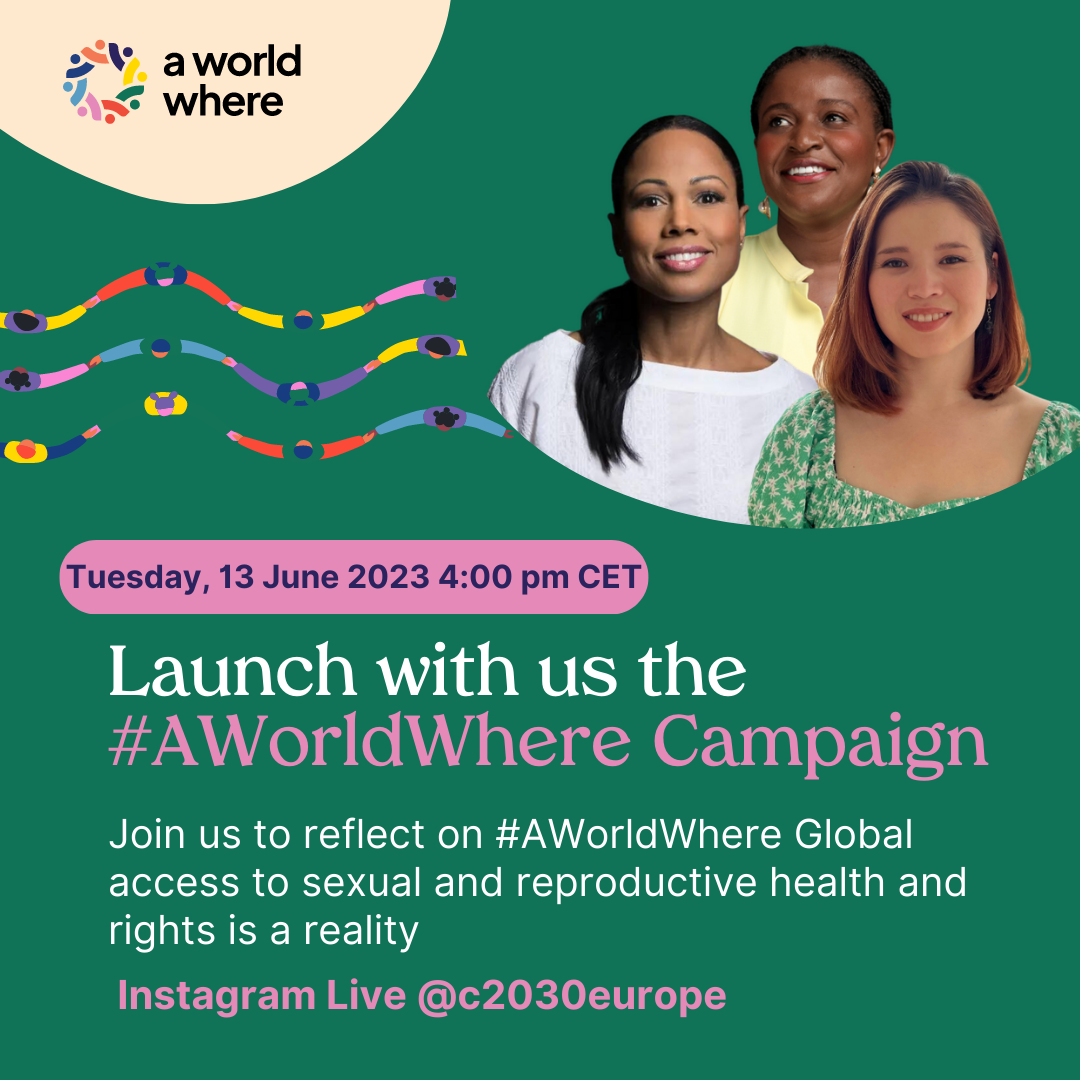Political Advisor to the Minister of Foreign Affairs, Mr Peder Weidemann Egseth, Advocacy Officer International Planned Parenthood Federation Central Office (IPPFCO), Mrs Erica Belanger and Executive Director of Mozambique Family Planning and Development, Mr Santos Simione. “When you grow corn you space them to enable improved harvest. The same is with spacing of children”, Mr Santos Simione.
In 2012, Norway was one of many donors committing to the new initiative Family Planning 2020 (FP2020), with a promise of contributing 150 million Norwegian kroner (approximately 16 million Euros) annually. Since then the FP2020 partnership has substantially increased its commitment to family planning, and is a ‘game changer’ when it comes to accessing voluntary family planning. So far, over 24 million more women have gained access to modern contraceptives. With a goal of reaching 120 million more women by 2020, there is still a long way to go.
Norway’s strong commitment to family planning was reiterated at a conference held on May 10, 2016 at the Norwegian Parliament, ‘Taking stock midway of the Family Planning 2020 Initiative’.
The conference, organised by Countdown 2015 Europe partner organisation Sex og Politikk and the Norwegian All Party Parliamentary Group (APPG) on sexual and reproductive health and rights (SRHR), discussed women’s access to contraceptives, challenges and opportunities internationally. The event provided valuable contributions to an evidence-based focus on access to contraceptives in the Norwegian development debate.
“Investing in family planning is not only the right thing to do, it is smart economics as it creates development.” – Jon Lomøy, Director General, Norad with this confirming strong Norwegian belief in family planning.
Continued Norwegian support
Representatives from the Ministry of Foreign Affairs, Norad, civil society, diplomats and researchers gathered at the Norwegian Parliament in Oslo where Norwegian policy priorities and the situation in three of Norway’s focus countries for development cooperation – Mozambique, Tanzania and Malawi – were presented. Continued funding on youth and commodities was highlighted, as well as discussions focusing on the concrete challenges and opportunities defined by organisations working on the issues, and the necessity of ongoing commitment by the Norwegian Government.
“Norway will continue the annual contribution of 150 million NOK,” said Political advisor to the Minister of Foreign Affairs, Mr Peder Weidemann Egseth. Starting the conference on a high note by re-committing to the FP2020
Mr. Egseth emphasised Norway’s commitment to advancing the SRHR agenda internationally and the importance of access to contraceptives not only to reduce maternal mortality but as women’s rights as individuals. Norway has chosen health as one of their main priorities for development aid, investing in the new Global Financing Facility (GFF).
Director General of Norad, Mr Jon Lomøy underlined the need for finding smart and innovative ways of delivering access to contraceptives at a low cost. “The success of FP2020 depends on the countries’ politics, reaching the ones that need to be reached, and then it’s about the money”, he said.
Three of Sex og Politikk’s sister organisations were invited to share evidence of the situation in their countries. Mr Santos Simione Executive Director of the Association for Family Planning and Development Mozambique, highlighted access to information and the need for people to understand the positive effect of family planning: “When you grow corn, if you plant them too closely the quality will be poor. You need space in between them. The same goes for spacing of children”. He stressed that the main challenges are both financial and human resources.
Mrs Lulu Ng’wanakilala, Director of Family Planning Tanzania, spoke about the necessity of enough funding to secure commodities are in stock, which will then increase access. The contraceptive prevalence rate in Tanzania is still only 27%.
![[Image: SexogPolitikk_2]](https://www.countdown2030europe.org/storage/app/media/uploaded-files/SexogPolitikk_2.jpg) Henrik Asheim, leader of the All Party Parliamentary Group on SRHR at the Norwegian Parliament, closing the conference.
Henrik Asheim, leader of the All Party Parliamentary Group on SRHR at the Norwegian Parliament, closing the conference.
In Malawi, Mr Thokozani Mbandera Director of Family Planning Association of Malawi, emphasised that some of the major challenges are that child marriage is still practiced and that the schools do not teach about reproductive rights. A small post for family planning has been included in the national budget in 2013. “It’s insufficient, but we are moving in the right direction,” said Mr Mbandera. He emphasised that the major group we have to address is young women. They need access to contraceptives, both to realise their rights and to address the high population growth in the country.
Mrs Erica Belanger, Advocacy Advisor at the International Planned Parenthood Federation (IPPF) central office warned about the shortage of contraceptive supplies and the role of civil society in securing relevant initiatives, accountability and transparency.
Mr Henrik Asheim, the chair of the All Party Parliamentary Group on SRHR, confirmed the importance of a youth-centred approach in his closing remarks. “We cannot choose between SRHR and education for young women, we need both!” he concluded.
It can hardly be clearer: the world needs continued funding to secure supplies, give access to information and sexuality education in particular for youth, civil societies experience in reaching out and continue work to strengthen health budgets.
Read more:
FP2020, Norad’s support to family planning, Norwegian Ministry of Foreign Affairs, 2012 commitment to FP2020, GFF commitment, AMODEFA, UMATI, FPAM, Sex og Politikk
This is a Countdown 2015 Europe event in series “Advance Human Rights, Invest in Family Planning”.
Follow us on Twitter @C2015Europe #Stand4FP



